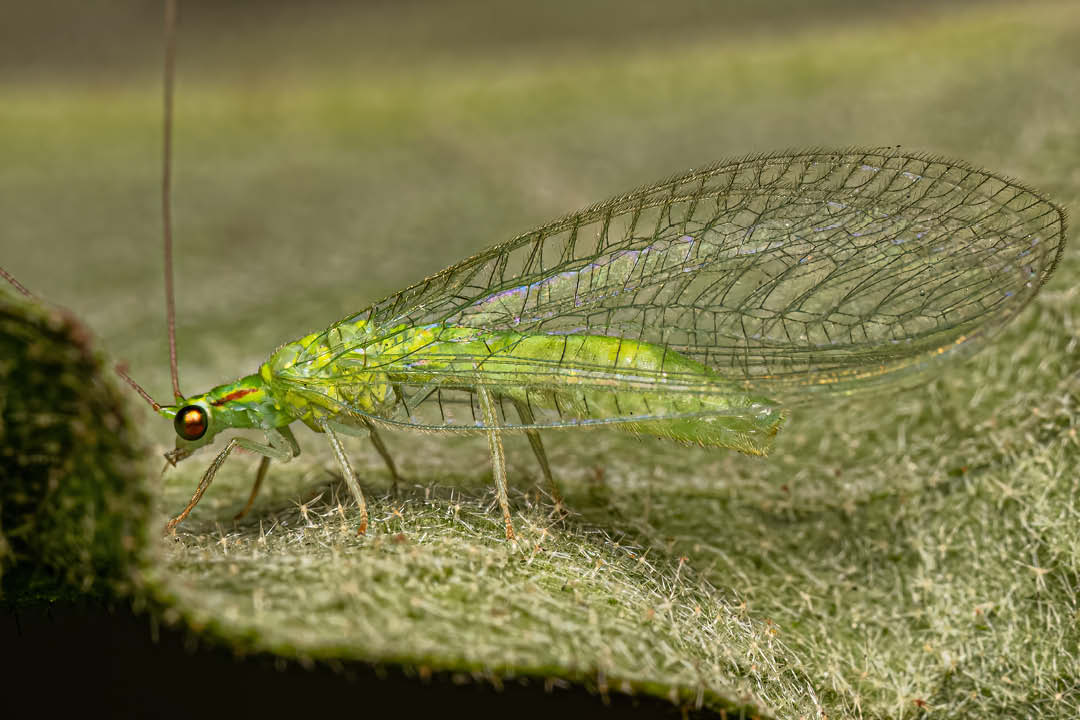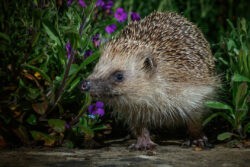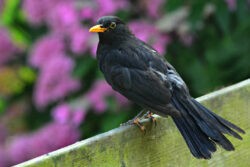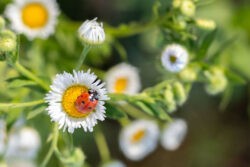A recent study has revealed that England’s insect population has declined by around 65% in the last 20 years.
We really need our insects, they pollinate our food, clear up dead plants, enrich our soil, and dispose of animal droppings. They also disperse seeds, and eat pests that attack our plants and vegetables!
E.O.Wilson, the Harvard biologist, seen as a modern day Darwin, is famously quoted as saying that if insects disappeared he doubted if humans could survive more than a short time. David Attenborough agreed saying,“if the invertebrates were to disappear, the world’s ecosystems would collapse.”
We can help to fight this decline, we can make our gardens into safe havens, we can allow nature to control our pests, rather than use insecticides which have indiscriminate effects, destroy insects and make others sick.
We need to recognise the friendly troops that nature has already waiting in the wings! We looked at Ladybirds, now it is the turn of the stunningly beautiful LACEWINGS.
These incredibly fragile, lime green or brown insects, have prominent golden coloured eyes, long antennae, and transparent wings which show up the design of the veins within. They are totally harmless to children and animals, and do not carry disease.
They look dainty, they look delicate.
But in the garden battlefield, they are ferocious predators, particularly as larvae, indeed they are the gardener’s crack troops!
Put down your spray, these creatures eat green fly, white fly, black fly,mites, thrips, scale insects, mealy bugs and young caterpillars…up to 200 aphids a week, they are also great pollinators.
Lacewings hibernate as adult insects, often in leaf litter…so please don’t tidy up all your leaf fall, leave piles in corners undisturbed, don’t squash all your leaves into a compost bin, as these vital friends will not be able to escape! They may choose to hibernate in an outhouse, or in the hollow stalks of garden plants…resist the tidiness streak in your nature, don’t cut back your plants until spring…think of all the sheltering insects..help them, and they will more than repay your kindness in sharing your garden with them.
The adults lay hundreds of eggs on the under side of leaves in spring, each egg on a stalk to keep it safe from enemies.
They hatch into larvae, which look like tiny alligators!
After two weeks of gorging on aphids, the larvae attach themselves to a leaf, and spin a cocoon. Inside the cocoon a larva changes into an adult that emerges in a couple of weeks.
How to attract them?
Grow flowers with open flat heads, such as Asters, Cosmos, Daisies in all their forms, Dandelions…a great favourite, Golden Rod, Sunflowers, Yarrow, Dill, Coriander, Lovage, Oregano, Verbena or Wallflower, all nectar rich flowers.
Provide safe havens for your support team to use for hibernation, log piles, dense hedges and plant stalks that they can wriggle into and tuck themselves up for the long winter days.
Look after your troops, and they will build their numbers and vanquish many common pests!







